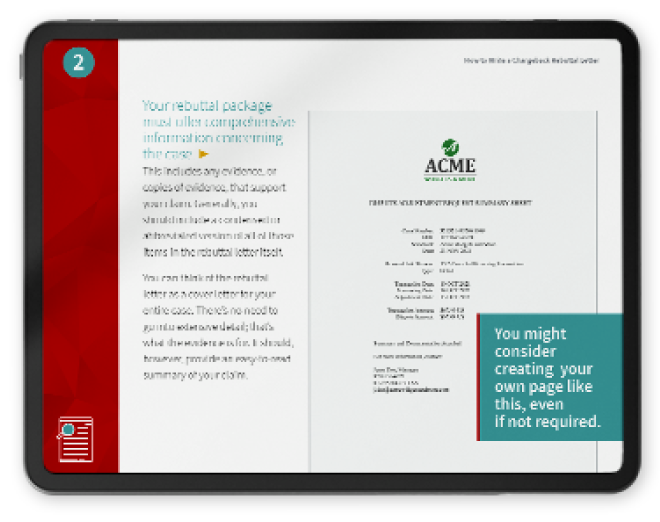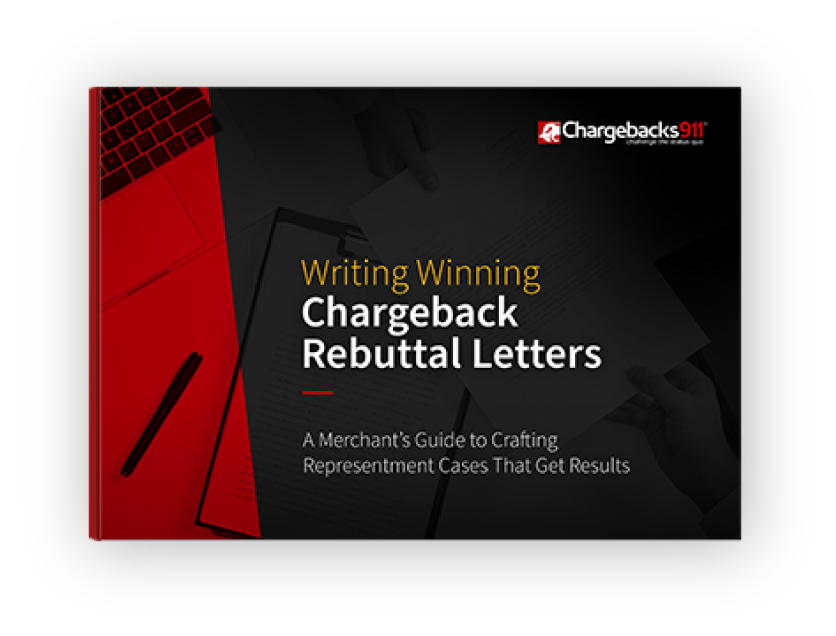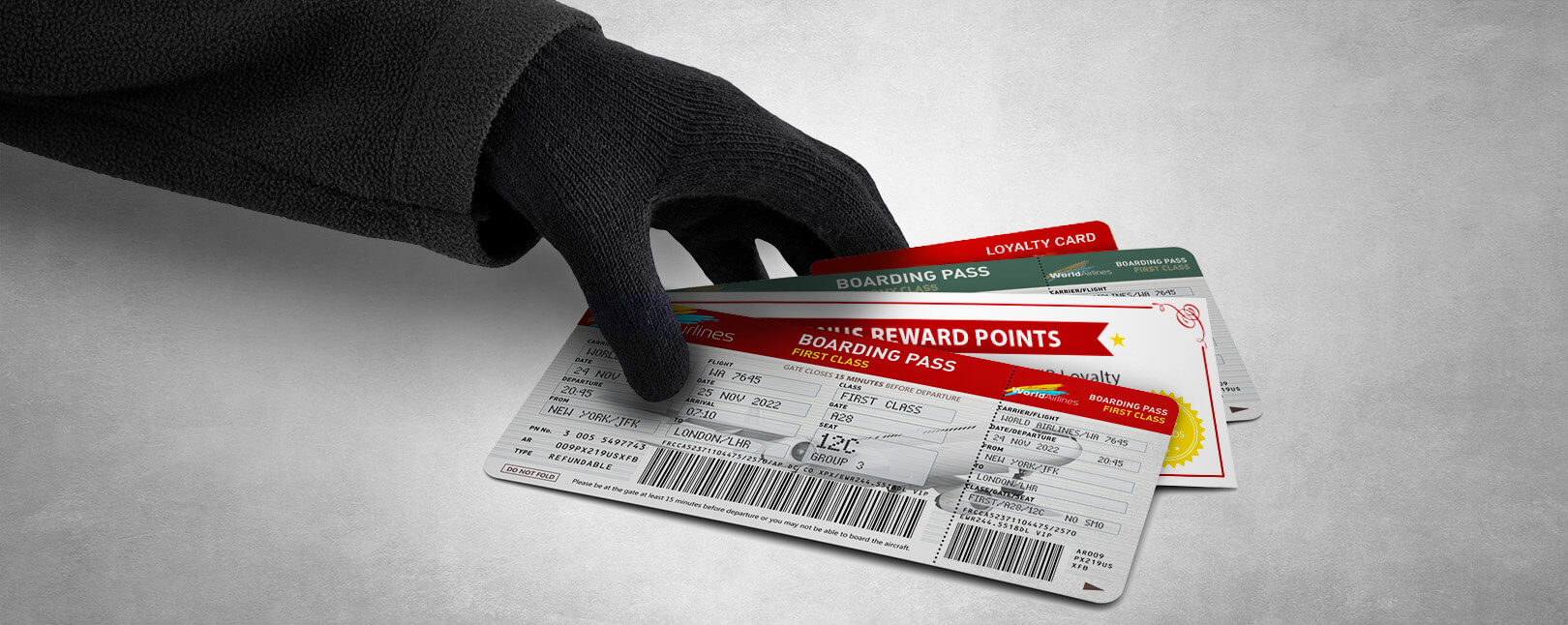Will New Revenue Streams Cause Profit Loss for Airlines?
In an often-unstable global economy, it can be challenging for airlines to generate necessary profits. As a result, many legacy carriers are experimenting with new revenue streams, but the success of these strategies is dependent on travelers’ acceptance.
If not managed properly, carrier partnerships and basic economy will likely introduce unanticipated financial strain, rather than the significant ROI airlines are hoping for.
Legacy Airlines Trying to Recover Revenue Loss to Low-Cost Carriers
Several decades ago, the travel industry was disrupted by an onslaught of budget carriers. Initially, the introduction of low-cost carriers was a stark contrast to the services provided by legacy carriers. Full-service amenities still appealed to a large audience of travelers—which was good, because legacy carriers struggled to reduce their costs quick enough to compete.
However, in recent years, legacy airlines have identified ways in which they can recapture flyers—and revenue—that have been lost to the appeal of budget travel.
 Partnerships That Bridge the Budget-Legacy Divide
Partnerships That Bridge the Budget-Legacy Divide
Some legacy airlines have created partnerships with budget airlines. Because of the rise of OTAs, travelers can now create itineraries that incorporate several carriers, making partnerships profitable for airlines and travel cost-effective for passengers.
 The Introduction of Basic Economy
The Introduction of Basic Economy
Basic economy is another tactic legacy airlines are using to appeal to budget-conscious travelers by segregating fares beyond the original first class/economy class divide. Like low-cost carriers, full-service airlines are unbundling and granting passengers the option to travel without non-essential services.
Delta was the first carrier to experiment with basic economy, but United and American Airlines are set to follow suit this year.
Increased Profits or Increased Chargebacks?
These new revenue streams could bring in additional travelers, but those travelers will likely be unaware of how these new industry developments will impact them.
In most regards, air travel hasn’t changed much since its inception. Consumers have come to expect product consistency—with the exception of weather and mechanical complications, one travel experience doesn’t differ much from any other.
However, new partnerships and basic economy will disrupt product offerings, destroying the consistency consumers have come to expect.
What will happen when a legacy-loyal traveler, accustom to premium amenities, fails to notice that an OTA scheduled one leg of the itinerary with a no-frills partner carrier? And, how will customers react when they arrive at the airport and realize they can’t bring carry-on luggage or sit beside other people in their party?
Customers will be disappointed, angry, and vengeful—and chargebacks will be the result.
Optimizing Processes for Success
The anticipated benefits of new product offerings need to be balanced against the associated risk. To be successful, merchants should anticipate threats and create proactive solutions to mitigate them.
In this case, airlines will need to focus attention and resources on increasing consumer awareness regarding newly enforced regulations. And because traveler grievances are inevitable, despite airlines’ best efforts, customer service departments should be audited and enhanced to accommodate anticipated concerns.
Any airline interested in taking advantage of these new revenue streams should consider a personal consultation with a risk mitigation expert, such as Chargebacks911®. Contact us today for additional information and a free ROI analysis.











